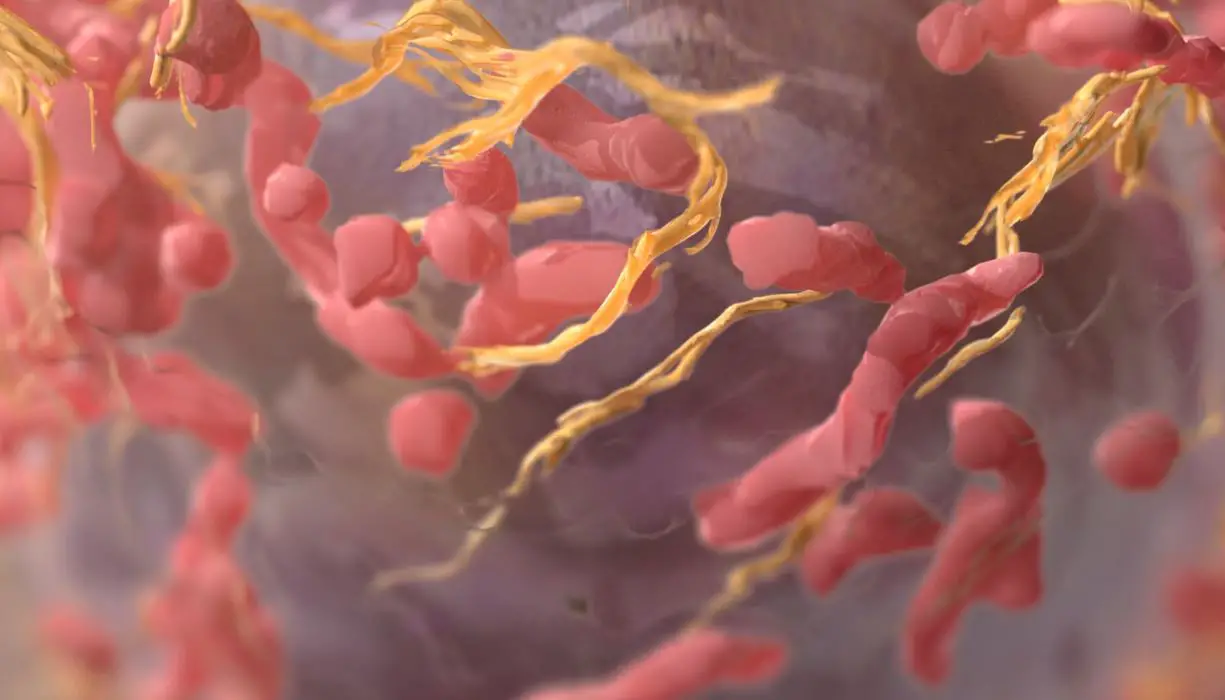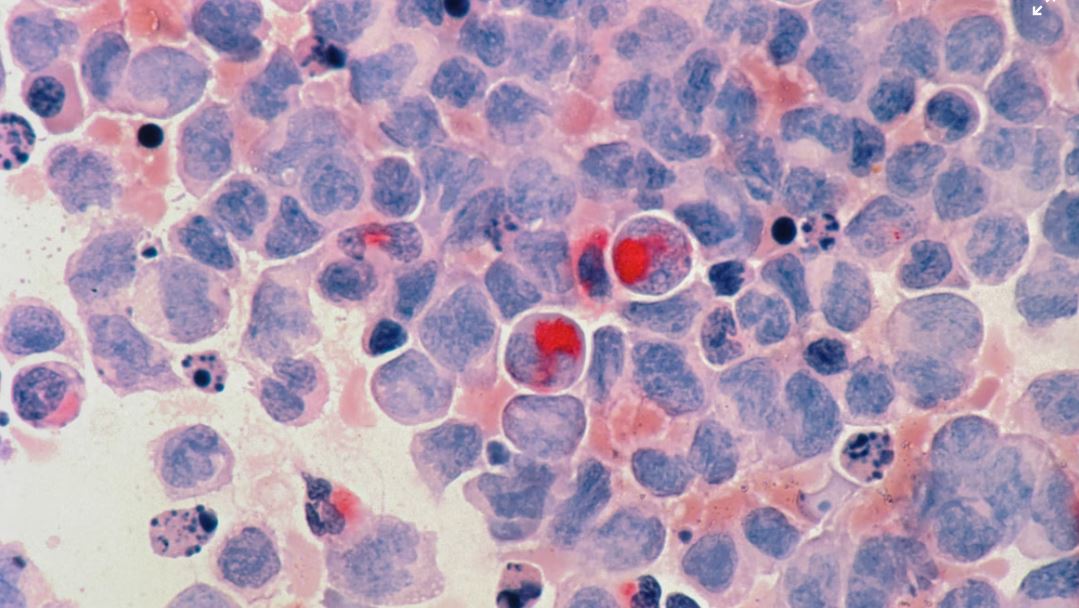The U.S. Food and Drug Administration (FDA) has approved the world’s most expensive drug, Zynteglo, a cell gene therapy, a one-time treatment for patients with rare hereditary blood disorders, costing $2.8 million for a single treatment.
Zynteglo gene therapy is designed to help treat transfusion-dependent beta thalassemia, in which patients rely on regular blood transfusions to survive.
Among them, gene therapy uses molecular biology methods to introduce the target gene into the patient. First, the bone marrow stem cells are collected from the patient, and then the stem cells are genetically modified before inserting the gene that can produce functional red blood cells.
Finally, the genetically modified stem cells are reinjected into the patient, and the effects of a one-time treatment are expected to last a lifetime.
Clinical trials found that 89% of patients did not need blood transfusions after receiving treatment, but gene therapy also has risks, although no serious adverse reactions were found in clinical trials of Zynteglo, but other similar gene therapy reports of cancer cases.
The FDA did note the possible cancer risk of Zynteglo, recommending that patients be observed for 15 years after receiving the gene therapy; however, an FDA panel noted in June that the cancer risk, while also arguing that the benefits of the treatment outweigh any potential harm.
Zynteglo is the third gene therapy to enter the U.S. market and the first cell-based gene therapy to receive approval in the U.S.
It’s just that Zynteglo may also be controversial because of the cost of medicine. After all, bluebird bio set Zynteglo’s starting wholesale price at $2.8 million, making it the most expensive drug on the US market.
“Zolgensma” SMA Gen Disorder Therapy
The previous record was the one-time gene therapy “Zolgensma” developed by Novartis specifically for spinal muscular atrophy (SMA), with a single-dose asking price of $2.125 million.
In this regard, Bluebird Bio believes that the cost must be combined with the lifetime health care costs of beta thalassemia patients. This single gene therapy is essentially a “cure” method without decades of continuous medical care.
Bluebird Bio pointed out that the lifetime medical costs of transfusion-dependent beta-thalassemia patients in the United States can be as high as $6.4 million, and the average total annual medical costs per patient are 23 times that of the general population.
An estimated 1,300 to 1,500 people in the United States have transfusion-dependent beta thalassemia.
But this high-priced one-time gene therapy has always been a problem for health insurance companies. Zolgensma maker Novartis has also tried in the past to break down the cost into annual installments for insurance companies, spreading the price over three to four years.
While Bluebird Bio says it will reimburse insurers up to 80% of the cost of treatment if Zynteglo fails on specific patients within two years, that may not be enough for some insurers.




